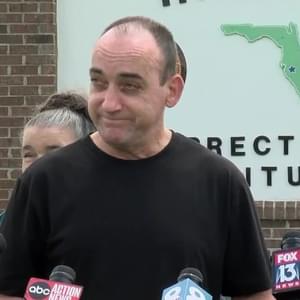A two-year study of 11 wrongful conviction cases in Virginia found that mistaken eyewitness identification is the major reason innocent people have been convicted in the state. The report’s recommendations note that Virginia could dramatically reduce the number of wrongful convictions through a series of reforms, such as changing a variety of police procedures, relaxing the state’s 21-day rule to allow evidence of innocence to be considered beyond this time restriction, ensuring that prosecutors provide defense attorneys with evidence favorable to defendants, and improving the quality of legal help given to poor people in Virginia. The state currently pays court-appointed lawyers the lowest fees in the nation. Researchers conducting the study closely examined the cases of 11 wrongly convicted persons in Virginia who had spent a total of 118 years in prison for crimes they did not commit. Nine of the 11 cases involved mistaken identity by victims or other eyewitnesses, especially when the eyewitness was of one race and the alleged perpetrator or another. The review was spearheaded by the Innocence Commission for Virginia, a collaborative effort of The Mid-Atlantic Innocence Project, the Administration of Justice Program at George Mason University, and The Constitution Project.
(Richmond Times-Dispatch, March 30, 2005) See Innocence. Read the study: A Vision for Justice.
Innocence
Feb 23, 2024




